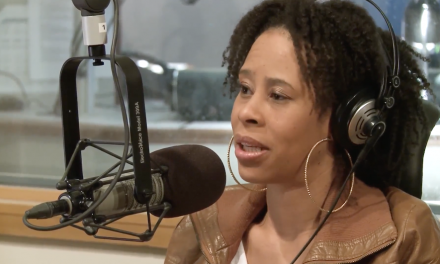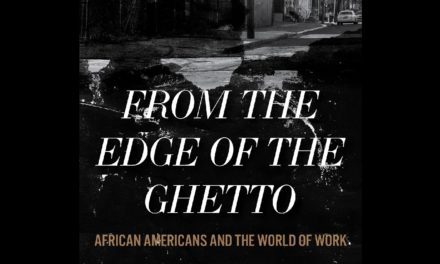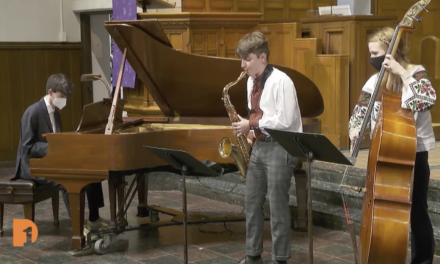Often marred in scrutiny and negative associations among members of the Asian American and Pacific Islander communities, composer Giacomo Puccini’s classic opera “Madame Butterfly” has been re-imagined by an all-Japanese and Japanese American creative team for Detroit Opera. The opera is set to premiere Oct. 7, with subsequent performances on Oct. 13 and 15.
Detroit Opera’s re-imagined production, led by Director Matthew Ozawa, has set out to challenge the traditional narrative of the iconic work, which has faced scrutiny for its themes of Orientalism and depictions of Japanese women and culture. One Detroit’s commitment to highlighting the local AAPI community’s stories led us to ask some of Detroit’s Asian American activists and creatives their thoughts on Detroit Opera’s re-envisioned version of “Madame Butterfly.”
RELATED: All-Japanese, Japanese American creative team re-imagines ‘Madame Butterfly’ for Detroit Opera
One Detroit senior producer Bill Kubota sat down with Jasmine Rivera, co-executive director of Rising Voices, filmmaker and graphic artist Chien-An Yuan, and Mika Kennedy, an assistant professor at Ithaca College’s Center for the Study of Culture, Race and Ethnicity, to explore the historical representations in “Madame Butterfly” and how Detroit Opera’s new rendition addresses these cultural concerns.
Plus, they talk about earlier adaptations of “Madame Butterfly;” Techno-Orientalism — a concept coined by Kevin Morley and David Robins in 1995 that portrays Asia as a site of technological hyperdevelopment and cultural regression; and the rise of AAPI representation in media, arts and performances.
Stay Connected:
Subscribe to One Detroit’s YouTube Channel and don’t miss One Detroit on Mondays and Thursdays at 7:30 p.m. on Detroit Public TV, WTVS-Channel 56.
Catch the daily conversations on our website, Facebook, Twitter @DPTVOneDetroit, and Instagram @One.Detroit
View Past Episodes >
Watch One Detroit Thursdays at 7:30 p.m. ET on Detroit Public TV on Detroit Public TV, WTVS-Channel 56.




